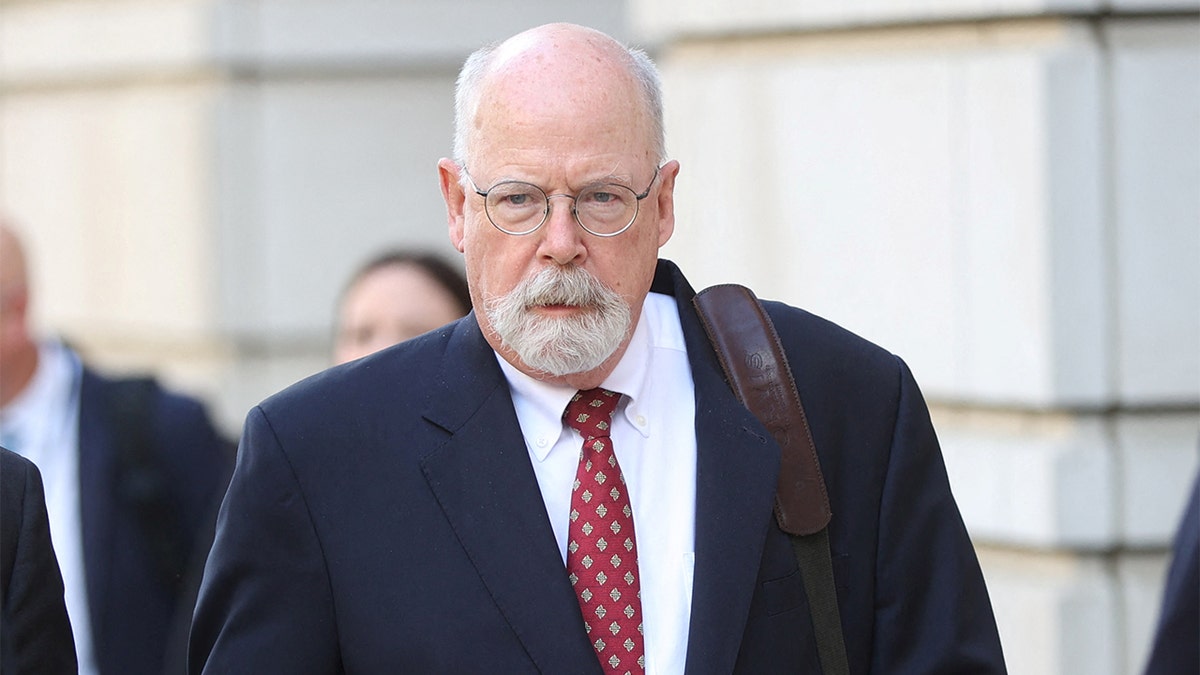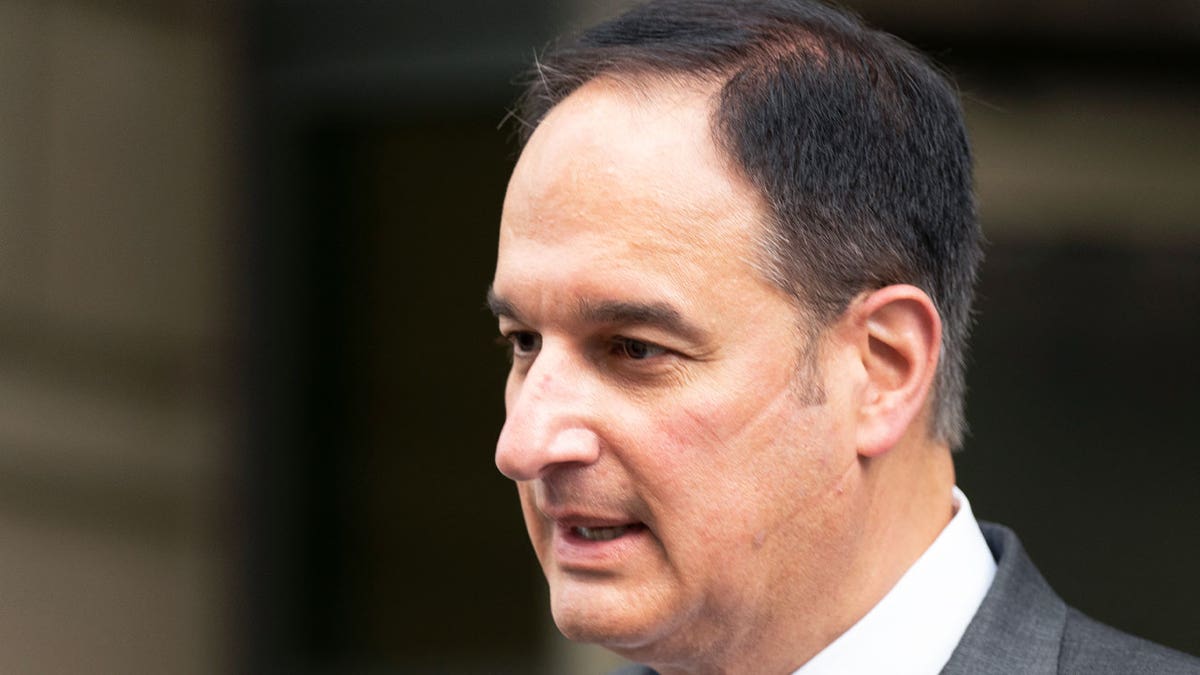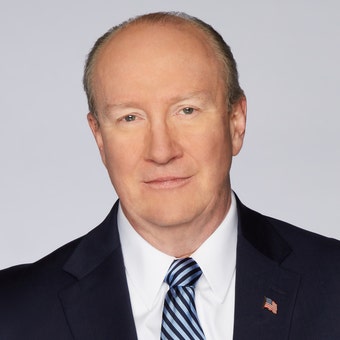McEnany questions Sussmann jury pool following not guilty verdict
'Outnumbered' co-host Kayleigh McEnany noted that some individuals in the jury pool had donated to Hillary Clinton's campaign
The acquittal of Clinton lawyer Michael Sussmann by a Washington, D.C., jury comes as no surprise. In a false-statements case, the government has to prove that the statement in question was both false and material. Prosecutors had problems on both scores, especially the latter.
On falsity, the government must establish beyond a reasonable doubt that an untrue statement was made. Here, although prosecutors had a text message – a statement, directly from Sussmann, in which he falsely claimed he was not representing any client in purveying to the FBI derogatory information about Donald Trump. But that is not how the case was indicted.
Special counsel John Durham did not have the text message when the charge was filed in September 2021, flush up against the statute of limitations. Consequently, in March 2022, when he obtained a copy of the text from James Baker (the FBI’s former general counsel who received the text from Sussmann), Durham could not go back to the grand jury to add a new charge or substantially change the indictment.
MICHAEL SUSSMANN FOUND NOT GUILTY OF CHARGES BROUGHT BY SPECIAL PROSECUTOR JOHN DURHAM
That meant the jury could not rely on the text itself to find the false statement. Instead, it had to find what was charged in the indictment, namely, that Sussmann had made the false statement at the meeting with Baker the day after the text message.
The proof of this was not nearly as strong: It was a one-on-one meeting over five years ago, there was no recording or contemporaneous note-taking, and Baker’s accounts of what was said have varied over time. The text message before the meeting, coupled with the notes of FBI officials with whom Baker spoke immediately after the meeting, were evidence that Sussmann probably denied during the meeting that he was representing a client. But it was no sure thing.

FILE – Special Counsel John Durham departs the U.S. Federal Courthouse after opening arguments in the trial of Attorney Michael Sussmann in Washington on May 17, 2022. (REUTERS/Julia Nikhinson)
More of a problem for prosecutors was materiality – i.e., evidence that the false statement made a difference in how investigators handled the information.
Durham’s case was badly damaged by significant evidence that the FBI knew (a) Sussmann was a top Democratic lawyer, and (b) if he was peddling anti-Trump information just six weeks before Election Day, he was doing so out of partisan motivations.

Michael Sussmann, a cybersecurity lawyer who represented the Hillary Clinton presidential campaign in 2016. (AP Photo/Manuel Balce Ceneta)
This was illustrated by the fact that FBI headquarters concealed Sussmann’s identity as the source of the information – i.e., the Internet data conveyed to Baker, which was falsely claimed to prove that then-candidate Donald Trump had established a communications back channel with the Kremlin through servers at Russia’s Alfa Bank. This was deeply frustrating to the Chicago cybercrime agents. Any good investigator wants to know where information comes from; the motivation of the source is often a good barometer of the reliability of information.
CLICK HERE TO GET THE OPINION NEWSLETTER
In addition, FBI headquarters directed that agents should open a counterintelligence investigation based on the Alfa Bank information, even though the agents had quickly determined there was no validity to the back communications channel claim. This enabled defense lawyers to argue that any statements Sussmann may have made about whom he was representing were immaterial – the FBI was determined to probe the Alfa Bank data regardless.
Even worse, the FBI itself inserted a false statement in its investigation-opening documentations, ludicrously asserting that the information about Alfa Bank had come, not from Sussmann, but from the Department of Justice.
CLICK HERE TO GET THE FOX NEWS APP
Sussmann’s counsel were thus able to argue to the jury that the FBI agents who tried to investigate the Alfa Bank lead were misled by their own bosses in Washington, not by a well-known Democratic lawyer.
It is ironic that prosecutors could convincingly prove a defendant made a false statement to the FBI and yet lose a case because of the FBI’s own machinations. But that is what happened.











































